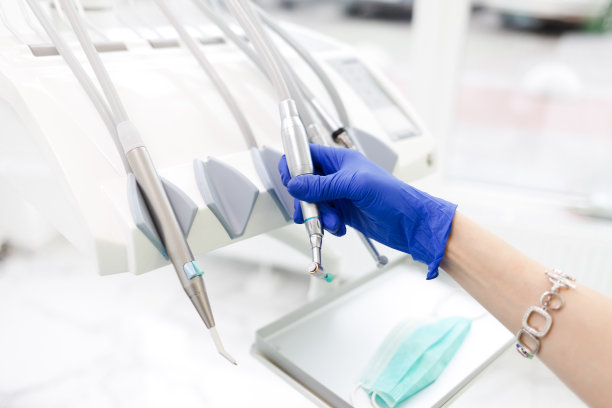The Journey of Extracting a Tooth Understanding the Process and Importance for Your Dental Health
Summary: Extracting a tooth is a critical procedure in dental health that should not be taken lightly. This article outlines the journey of tooth extraction, detailing the reasons why one might need this procedure, the steps involved, aftercare, and the significance of maintaining oral health post-extraction. Understanding this process can help patients make informed decisions while apprehending the implications on their overall dental health. From anxiety management to recovery tips, this comprehensive guide serves as a valuable resource for anyone facing the prospect of tooth extraction.
1. Reasons for Tooth Extraction

Tooth extraction is often a necessary dental procedure due to various reasons. One primary cause is severe tooth decay, where cavities have progressed beyond repair, leading to infection. If left untreated, decay can affect surrounding teeth and overall health.
Another common reason is periodontal disease, a serious gum infection that can lead to bone loss around teeth. When the infection becomes chronic, extracting the affected teeth may be the only option to safeguard other teeth and prevent further health complications.
Lastly, tooth extraction may be necessary for orthodontic purposes. In some cases, overcrowding can hinder effective orthodontic treatment. Dentists may recommend the removal of certain teeth to allow for proper alignment and spacing during braces or other orthodontic procedures.
2. Understanding the Extraction Process
The extraction process begins with a thorough examination of the patients dental history and current oral health. The dental professional will conduct X-rays to visualize the tooths position and assess bone density, which ultimately guides the extraction method.
Once the tooth is deemed ready for extraction, anesthesia is administered to ensure patient comfort during the procedure. This could be local anesthesia for simple extractions or general anesthesia for more complex cases, particularly those involving wisdom teeth.
With the patient adequately numb, the dentist will carefully remove the tooth. Simple extractions involve loosening the tooth with instruments and gently pulling it out, whereas surgical extractions require incisions in the gum tissue. Post-extraction, the dentist will provide immediate care instructions to manage pain and begin the healing process.
3. Importance of Aftercare
Aftercare plays a crucial role in safe recovery following tooth extraction. One of the most important guidelines is to bite down on gauze pads placed over the extraction site to minimize bleeding. Patients should maintain the pressure for a few hours and replace the gauze as necessary.
In addition to managing bleeding, patients should be aware of dietary restrictions during the initial healing phases. Soft foods and liquids are advisable for at least 24 to 48 hours post-surgery to avoid irritation and promote healing.
Proper hygiene is also essential after a tooth extraction. While brushing around the extraction site should be avoided in the first few days, gentle rinsing with salt water can help keep the area clean and reduce the risk of infection. Following the dentists aftercare instructions will significantly reduce complications.
4. Long-Term Implications for Dental Health
Understanding the long-term implications of tooth extraction is vital for maintaining overall dental health. Removing a tooth can affect surrounding teeth, leading to potential shifting or misalignment over time. Thus, dentists often recommend options like dental implants, bridges, or dentures to fill the gap left by the extracted tooth.
Additionally, tooth extraction should prompt increased attention to oral hygiene practices. Patients should adopt a more diligent oral care routine, incorporating regular check-ups to monitor any changes in dental health. This vigilance is crucial to prevent new issues from arising.
Lastly, maintaining good overall health is essential for dental recovery. A balanced diet, quitting smoking, and managing stress are all factors that can influence oral health and promote a smoother healing process after an extraction.
Summary:
The journey of extracting a tooth is multifaceted, encompassing reasons for extraction, the procedure itself, essential aftercare, and long-term health considerations. A thorough understanding of these aspects assists patients in aligning their dental health with personal care efforts.
Recognizing the significance of tooth extraction within the larger framework of dental health empowers individuals to make informed decisions regarding their oral care. Ultimately, understanding the entire process can lead to healthier smiles.
This article is compiled by Vickong Dental and the content is for reference only.



